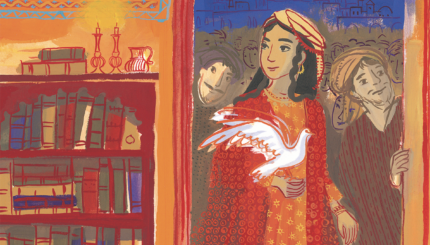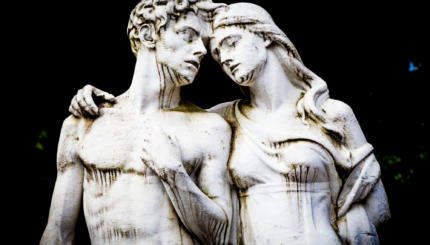On Sunday I went to see My Name is Rachel Corrie, the controversial play that was first staged in London and is now in the middle of a run at the Minetta Lane Theatre in New York.
The play was adapted from the journals and emails of Rachel Corrie, a 24 year-old member of the International Solidarity Movement from Olympia, WA who was killed trying to obstruct an Israeli bulldozer in Gaza in 2003 (during the Second Intifada). Corrie’s death turned into a highly politicized version of “He Said-She Said.”
The ISM say that the driver of the bulldozer deliberately ran her over twice while she was trying to prevent what they say might have been a house demolition. The IDF say that the cause of death was falling debris pushed over by the bulldozer, that the bulldozer driver did not see her; that the bulldozer was clearing brush and not engaged in a demolition; that Corrie was interfering with security operations designed to uncover the tunnels used by Hamas and other groups for smuggling weapons from Egypt. (more from Wikipedia)
Though some Jewish groups and leaders have expressed concern about the play, on the whole, the community has refrained from any sort of comprehensive protest. Still, outside the theatre, a group of women handed out informational cards that intended to lay out the Israeli side of the story. When I asked one woman what organization she was with, she said, “None. We’re just a group of people.”
Unlikely. But no doubt, a smart approach. Certainly, more effective and more appropriate than a campaign like the ADL ran against Mel Gibson’s The Passion of the Christ.
How was the actual play?
More on that later.


